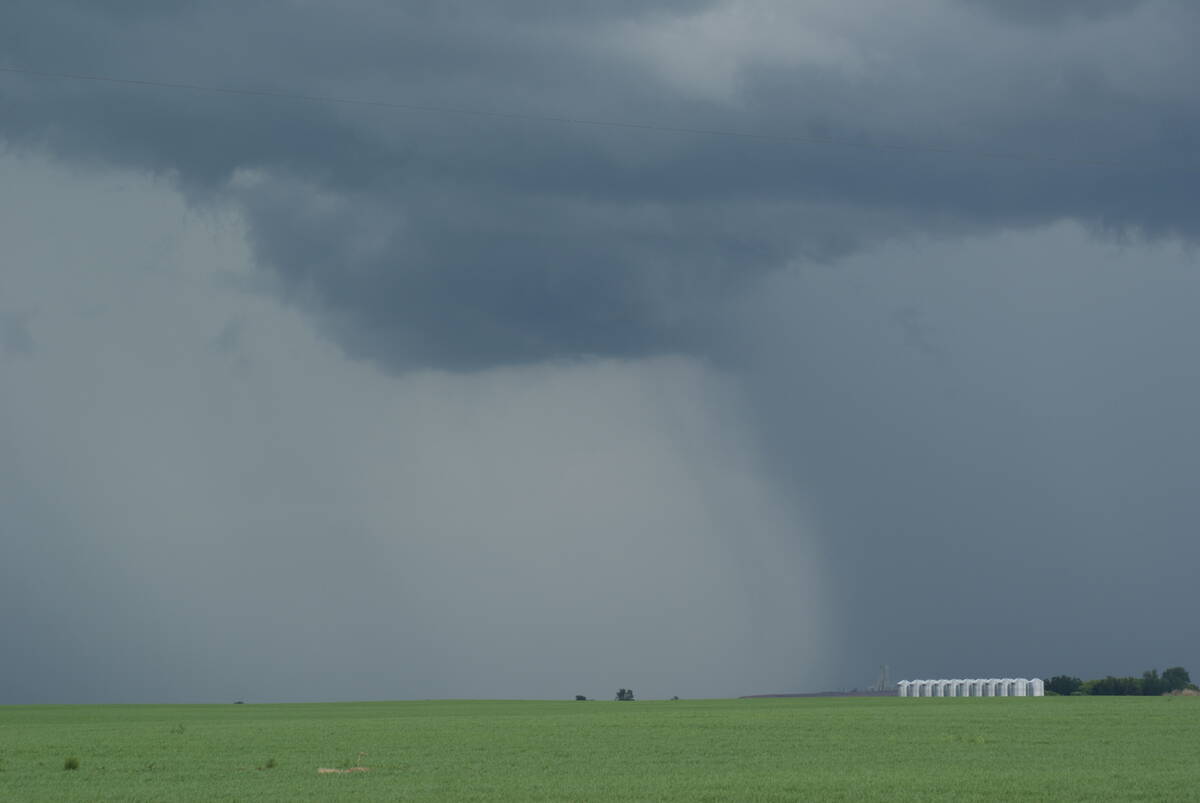As the new century dawned, Bill Nightingale Sr. should have been one happy guy.
Twenty years of relentless innovation had paid off. Nightingale Farms had been transformed by his early adoption of technologies, such as drip irrigation and plasticulture. Three million pounds of vegetables and fruits were grown, graded and packed annually at the farm, located on 1,000 acres of sandy soil near LaSalette in southwestern Ontario.
It was one of the great success stories of Canadian agriculture, but Nightingale was anything but satisfied.
“We had lost our competitive edge,” he recalled. “By 2000, everybody was doing what we were doing …. What’s worse, we had totally run out of ideas.”
Read Also

Canadian farmers need new tools to support on-farm innovation
Farmers need a risk management buffer that actually works and investment that drives advancements forward if Canada is to build resilience.
Move ahead to Mother’s Day 2003. It’s been three years since Nightingale and wife Caroline’s “eureka moment” after touring a type of field greenhouse in Europe called high tunnels, which is poly stretched over semi-circular hoops.
Nightingale has imported enough of the 8.4 metre tall hoops to put high tunnels over 7.5 acres. On this day he’s watching those expensive steel hoops twist and buckle under 100 km-h winds.
It wasn’t a happy day, but one that Nightingale would later describe as a good disaster.
“We learned so much that day,” Nightingale said. “We had a video camera out there and we had a four-hour-long tape to study afterward. From that we learned how to strengthen the frames to hold up to our conditions, how to set them up and align them properly and a lot of other things. So we learned, changed and then bingo. We hit it.”
Today, Nightingale devotes full attention to his new high tunnel business (www.tunneltech.ca) and has handed over the family farm (www.nightingalefarms.com) to his son and daughter. He views high tunnels as the future of field crop production. The tunnels extend the growing season and create a better and unique product thanks to less disease and pest pressure.
Once again, he’s in the forefront, and no doubt has the neighbours wondering, as they have so often in the past, if he has taken leave of his senses.
It’s tempting to view people such as Nightingale as inveterate gamblers who just aren’t happy unless they’re doing something risky. That’s the opposite of how Nightingale sees himself. His view is that you take little risks to avoid much larger ones.
“I would never take a risk that would jeopardize the company,” he said. “If something is very risky, then we’ll do a much smaller project. I’m forever looking for innovation, but I don’t do anything blindly.”
For example, look at his first experiment with high tunnels. It cost about $150,000, or less than five percent of yearly revenue.
His first plasticulture experiment was two acres. Each was planted to the same crop under identical conditions, except one acre had plastic laid over the ground. But the test was enough to convince Nightingale that’s where the future lay.
“It was breathtaking. The plants grown on plastic just kept on gaining speed in growth. They ended up being ready three weeks earlier, which was just unheard of.”
In the fresh produce business, being first to market is where the big money is. That is why Nightingale was so worried when he lost that competitive edge because for him, there’s nothing riskier than being in the same boat as everyone else.
“The most profitable businesses are the ones that are first to the plate,” he said. “If you’re just like everyone else, then all you’ll ever make is normal money.”
Here’s another odd thing. Even though everyone knew plasticulture was allowing Nightingale to harvest produce before them, it took seven years before his competitors caught up.
Why? Because it seemed risky.
“It was frustrating when a windstorm would come up and sometimes the plastic would lift up and blow for miles,” Nightingale said.
“But over time, we solved those problems … They had no choice but to start doing what we were doing.”
Nightingale’s story is a reminder of how easily our perception of risk can get turned upside down.
When your business is grossing hundreds of thousands annually, spending a few thousand on something innovative is not risky. Risky is refusing to innovate and denying yourself the chance to gain a competitive edge.
A list of Bill Nightingale’s initiatives can be found in the About Us section of www.nightingalefarms.com and a video clip of the high tunnels collapsing in the 2003 windstorm can be found at www.omafra.gov.on.ca/english/premier_award/2007/pmwin07.htm
Glenn Cheater is editor of the Canadian Farm Manager, the newsletter of the Canadian Farm Business Management Council. The newsletter as well as archived columns from this series can be found at www.farmcentre.com.














